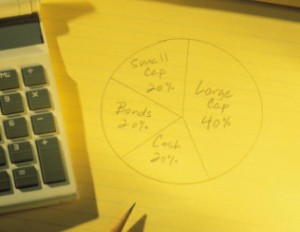Low-risk ETFs that pay
Finding low-risk investments in this market can be tough, but Bruce Sellery says there are still a few options out there.
Advertisement
Finding low-risk investments in this market can be tough, but Bruce Sellery says there are still a few options out there.

Name |
Ticker |
12-month Yield |
MER |
| iShares DEX Real Return Bond Index Fund | XRB | 1.80% | 0.39% |
| iShares DEX Short Term Bond Index Fund | XSB | 2.97% | 0.28% |
| iShares DEX All Corporate Bond Index Fund | XCB | 4.00% | 0.44% |
Share this article Share on Facebook Share on Twitter Share on Linkedin Share on Reddit Share on Email